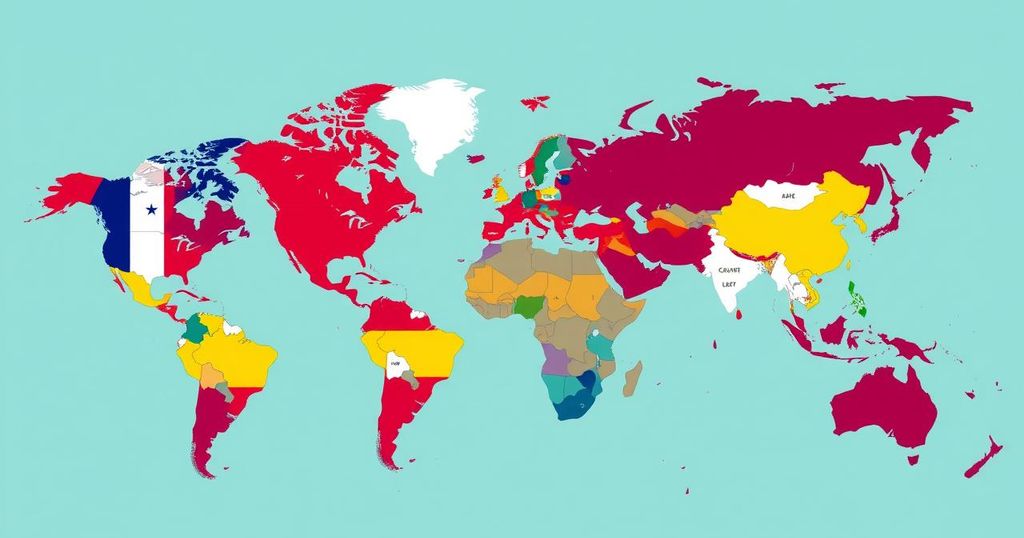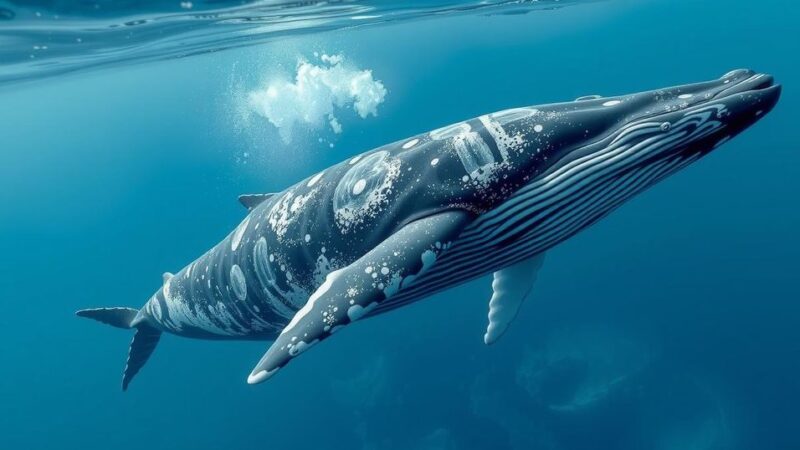A coalition of climate-vulnerable countries is urging a reform of the credit rating system to include climate resilience efforts. Current ratings from agencies like Moody’s and S&P Global focus solely on economic risks, neglecting the proactive initiatives of these nations. This oversight particularly affects Small Island Developing States, which struggle to attract investments due to inadequate ratings. Advocates are pushing for changes that recognize both risks and resilience, aiming for the ambitious $1.3 trillion climate finance goal set for the 2025 finance summit in Spain.
A coalition of nations highly susceptible to climate change is advocating for a significant overhaul of the current credit rating system. Their primary concern was voiced at a recent UN assembly in New York, emphasizing the necessity of integrating climate resilience efforts into credit ratings. Presently, leading rating agencies, such as Moody’s and S&P Global, tend to focus on the economic dangers posed by climate change while neglecting the initiatives that enhance resilience. This oversight is particularly detrimental to Small Island Developing States (SIDS) like Cuba and the Maldives, which are frequently assigned sub-investment or “junk” ratings due to their substantial climate vulnerabilities. Such ratings effectively inhibit their capacity to secure critical investments needed for climate adaptation. Reform advocates are pushing for a paradigm shift in credit evaluations, one that encompasses not only perceived risks but also proactive measures undertaken by these nations. This reform seeks to meet the ambitious climate finance target of $1.3 trillion, established for the upcoming finance summit in Spain. Additionally, the emergence of an African ratings agency holds the potential to provide a more equitable assessment of risks and resilience efforts within the marketplace.
The current credit rating framework predominantly evaluates the economic threats arising from climate change, often disregarding the substantial efforts made by vulnerable nations to bolster their climate resilience. This lack of acknowledgment leads to financial disadvantages for these countries, especially the Small Island Developing States (SIDS), which are at a heightened risk from climate-related disasters. By integrating climate resilience into credit ratings, there exists an opportunity to promote investment in these regions, ultimately addressing both economic sustainability and global climate challenges. The appeal for reform is part of a broader movement to reshape international financial policies to promote fairness and sustainability in investment practices.
In conclusion, the call for credit rating reform by climate-vulnerable nations is pivotal for fostering a more inclusive investment environment. By accounting for climate resilience efforts, the modified rating system could enhance the attractiveness of these regions for potential investors. Such changes are essential to achieving global climate finance goals and promoting sustainable development. Ultimately, these reforms may not only empower developing nations but also potentially transform the landscape of international finance towards a more climate-conscious future.
Original Source: finimize.com






